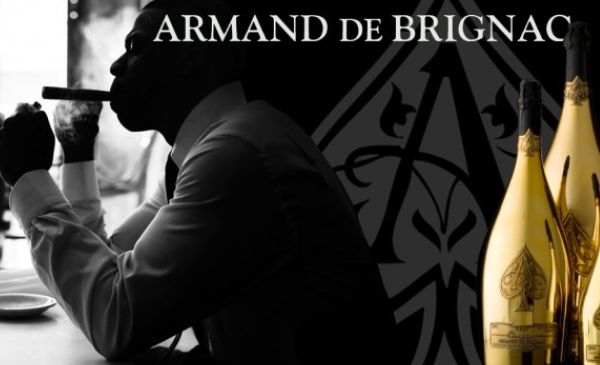
 Growth is a blessing for all brands, if they are profitable. For luxury brands, however, it is a mixed one.
Growth is a blessing for all brands, if they are profitable. For luxury brands, however, it is a mixed one.
Growth is not an issue for premium brands (eg top German automotive brands), which in principle do not set volume limits but instead seek to gain market share and new consumers by always improving the performance and services of their products. Similarly, fashion brands extend their distribution to seize this source of growth.
In contrast, luxury brands represent much more than products, regardless of their performance. They reflect the taste of elites. By extending from the happy few to the happy many, luxury brands moved from the ordinary of the extraordinary people to the extraordinary of the ordinary people. As a consequence, the first challenge for luxury brands is finding a way to grow while still appealing to extraordinary consumers, those who ensure the long-term desirability of the brand.
To keep the wealthiest clients while extending their customer base, luxury brands permanently raise their average price level. They also limit the number of accessible items for luxury ‘excursionists’, who do not typically buy luxury items but may ‘splurge’. Another option is dual management: specializing labels with their own lines and retail network, one of which is extremely expensive and highly selective and the other that is more accessible (eg Armani Privé versus Emporio Armani, Ralph Lauren Black Label versus Polo Ralph Lauren). The selective labels continue to develop sophisticated rare products, limited editions and special orders.
Growth creates a second problem for luxury brands. Booming demand for high-quality, expensive goods attracts many new competitors, with innovative business models that challenge the classical luxury brands. For example, Chanel and Louis Vuitton are currently challenged by Coach. The situation is acute in developing economies, in which new luxury consumers have not learned the hierarchy of brands. In these economies, consumers are not loyal to brands, lacking knowledge about why they should stay with brand A instead of brand B. The differences between the products are not evident, and neither are the brands’ advertising messages or retail store experiences. For example, Coach’s website reads: ‘Artisans and innovators, we continually refine and perfect our collections to create some of the most luxurious handbags in the world.’ Chanel, Prada or Bottega Veneta could write the same words.
How, then, can luxury brands mark their distance and recreate the gap between luxury and masstige? New luxury brands face similar issues. For example, in the champagne market, Jay Z’s brand Arnaud de Brignac and Mariah Carey’s brand Angel have gained widespread recognition in the African American community, due to the active presence of these two celebrities in the media and on social networks. This link offers a challenge to Veuve Clicquot champagne, which has long aimed at a similar audience of young, active, female consumers. These new brands attract new consumers who either do not embrace a traditional culture or just want to switch away from classic brands.
The challenge for luxury brands is to create distance from these attractive innovative newcomers. Unlike a premium strategy, the luxury difference is not created by proof but by beliefs. Proof calls for direct comparisons with competitors about the products, the tangible part of the brand, which would entail stepping down from the pedestal and putting the luxury brand at the premium brand’s level. Luxury brands compete instead on their intangibles: they must educate consumers in order to regain their undisputed symbolic authority, the basis of their price. To do so, luxury brands must remind consumers of their legendary roots, the mythical history that sets them apart. Whereas celebrities are a form of fashion, luxury cannot be ephemeral. Instead, it provides a bridge between the past and the future.
Source:Branding Strategy Insider